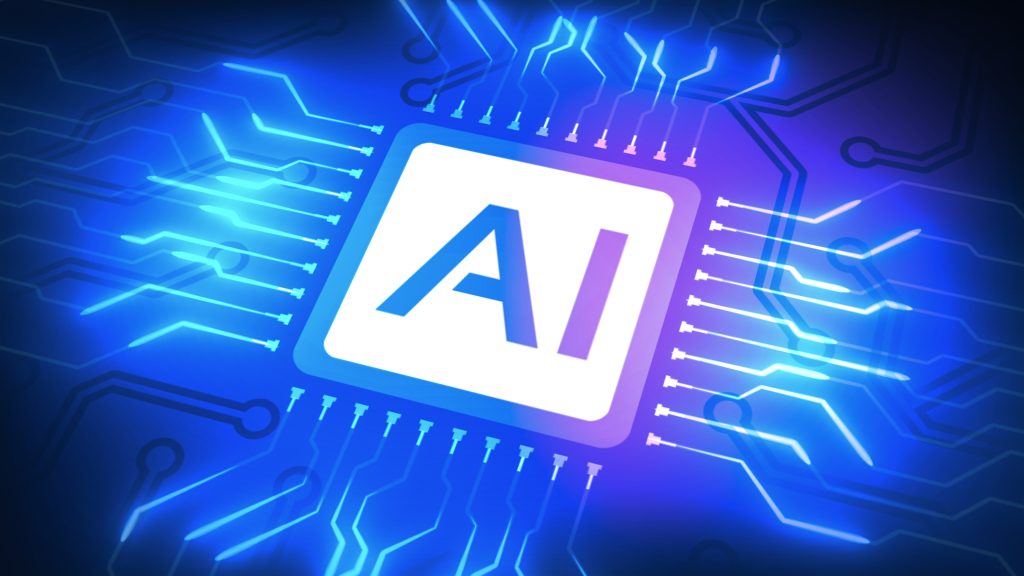AI-Augmented Software Development: Transforming Software Engineering for the Future
- ATMECS Content Team
- 3 Minutes Read
- Posted on Jan 22nd, 2025
Introduction
The world of software engineering is undergoing a seismic shift, thanks to the integration of artificial intelligence (AI). AI-augmented software development has become a game-changer, enabling faster delivery, improved code quality, and smarter decision-making.
What is AI-Augmented Software Development?
AI-augmented development refers to the use of artificial intelligence to enhance traditional software engineering processes. By automating repetitive tasks, predicting outcomes, and streamlining workflows, AI enables developers to focus on more strategic and creative aspects of their work. From code generation to debugging, AI tools like GitHub Copilot, OpenAI Codex, and AI-powered integrated development environments (IDEs) are reshaping the way software is built and maintained.

The Impact of AI on Software Development
AI in software engineering is not just a trend—it’s a transformative force. Here are some key ways AI is reshaping the industry:
- Faster Development Cycles; AI streamlines software development by automating time-consuming tasks such as code generation, testing, and deployment. This allows developers to focus on innovation rather than mundane activities.
- Enhanced Code Quality: AI-driven tools can analyze code for vulnerabilities, suggest optimizations, and even predict potential bugs. By implementing predictive analytics, developers can ensure robust and reliable software.
- Streamlined Collaboration: AI-powered platforms foster better communication and coordination among teams. Tools like natural language processing (NLP) systems can convert complex requirements into actionable tasks, bridging the gap between technical and non-technical stakeholders.
Tools Used in AI-Augmented Software Engineering
AI-augmented development relies on a variety of advanced tools and platforms to optimize the software engineering process. Here are some commonly used tools:
- GitHub Copilot: An AI-powered code completion tool that helps developers write code faster and with fewer errors.
- OpenAI Codex: A versatile AI model capable of translating natural language into code, enabling rapid prototyping and development.
- DeepCode: A code review tool that uses machine learning to detect bugs, vulnerabilities, and code inefficiencies.
- Katalon Studio: An AI-enabled test automation tool that simplifies testing for web, mobile, and API applications.
- TensorFlow and PyTorch: Widely used AI frameworks for building custom machine learning models to support various development needs.
- TabNine: An AI-powered autocompletion tool that integrates with multiple IDEs to enhance developer productivity.
Key Use Cases of AI in Software Engineering
The applications of AI in software development are vast. Here are a few examples where AI is making a significant impact:
- Requirements Analysis: AI tools analyze and interpret business requirements, ensuring alignment with development goals.
- Automated Testing: Continuous integration and testing pipelines are optimized with AI, reducing manual intervention and improving test accuracy.
- Predictive Maintenance: AI models forecast potential failures, allowing teams to address issues proactively in DevOps environments.
Challenges in AI augmented software development
Despite its advantages, AI in software development presents unique challenges that must be addressed to ensure effective implementation:
- Ethical Concerns: The integration of AI raises questions about data privacy, algorithmic bias, and transparency. Ensuring that AI models operate fairly and responsibly is essential to build trust and comply with regulatory standards.
- Security Risks: AI systems can be vulnerable to adversarial attacks, where malicious actors exploit models to cause incorrect outputs or data breaches. Organizations must prioritize robust security measures to safeguard their AI implementations.
- Over-Reliance on Automation: While AI can automate numerous tasks, excessive dependence on AI tools may limit human creativity and critical thinking. Developers must strike a balance, leveraging AI for efficiency while maintaining their role as decision-makers.
- Skill Gap: The adoption of AI in software development requires specialized skills in AI and machine learning. Bridging the skill gap through training and education is vital for organizations to fully harness AI’s potential.
- Integration Challenges: Incorporating AI into existing workflows and legacy systems can be complex. Ensuring seamless integration without disrupting ongoing processes requires careful planning and execution.
- Cost and Resource Constraints: Developing, implementing, and maintaining AI systems can be resource-intensive. Organizations must evaluate the return on investment and prioritize AI projects that align with their strategic goals.
Future Trends in AI-Augmented Development
The future of AI-augmented development is bright, with exciting trends on the horizon:
- Low-Code/No-Code Platforms: AI is making software development accessible to non-technical users by simplifying the creation of applications.
- Personalized User Experiences: AI-driven analytics enable developers to create tailored user experiences based on behavioral data.
- Intelligent Automation: AI is automating complex workflows, freeing up teams to focus on innovation.
How ATMECS can Help
At ATMECS, we understand the transformative potential of AI in software engineering. Our R&D team is dedicated to exploring the latest AI technologies, ensuring our clients benefit from innovative and scalable solutions. By integrating AI into software development practices, we help businesses achieve greater agility, efficiency, and competitiveness in their industries.
Conclusion
AI-augmented software development is revolutionizing the way software is built, deployed, and maintained. From faster development cycles to improved code quality and smarter collaboration, the impact of AI on software engineering is profound. As a technology leader, ATMECS is committed to helping clients harness the power of AI to drive digital transformation and achieve their business goals.




